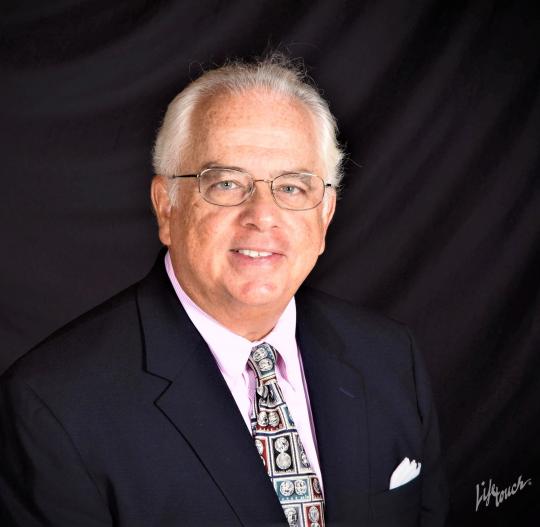Philip Allen Lacovara

4352 West Gulf Dr.
Sanibel, FL 33957
USA
My philosophy of arbitration is governed by my understanding that arbitration is essentially the parties’ process. Therefore, I tend to give substantial deference to the parties’ views on the procedures to be followed and the pace at which the arbitration should unfold. Nevertheless, I also understand that I have an independent responsibility to ensure that the arbitration is conducted efficiently and fairly. Therefore, I am alert to any indications that a party is seeking to delay or divert the proceedings for unwarranted advantage.
Partner in law firms Mayer Brown LLP and Hughes Hubbard LLP; managing director and general counsel; Morgan Stanley & Co,; vice president in charge of world-wide litigation, General Electric Co.; Counsel to the Watergate Special Prosecutor; Deputy Solicitor General of the United States.
What do you regard as the most important differences between arbitration and litigation in court?
Arbitration allows the parties to a commercial dispute to have a voice in identifying the qualities that they want in the persons selected to resolve their dispute. The parties also have a greater influence over the pace and process for bringing the dispute to a reliable and justifiable conclusion. Subject to my distinct responsibility as an arbitrator to advance the proceedings efficiently, I give substantial deference to the parties’ views about how the arbitration should unfold.
Do you believe that there is a role in arbitration for dispositive motions?
I am a strong supporter of dispositive motions that may efficiently resolve a commercial dispute promptly or at least focus the further proceedings on matters genuinely in dispute. If properly screened, requests to file dispositive motions can help fulfill one of the key advantages of arbitration, the prompt and efficient resolution of commercial disputes. Not every arbitration requires a full evidentiary hearing.
Do you believe that arbitrators have the right or an obligation to conduct their own legal research?
In my view, arbitrators should refrain from conducting independent legal research, unless the parties explicitly authorize such an initiative. The essence of commercial arbitration is that it is “the parties’ process.” Accordingly, it is the parties who have the primary responsibility for framing the governing legal principles. If the arbitrator believes that the parties have overlooked some salient legal doctrine or authority, the arbitrator should invite the parties to address the question, not go off on an independent research project.
Fellow, Chartered Institute of Arbitrators (London); Fellow, College of Commercial Arbitrators (USA)
American Arbitration Association(AAA)/International Centre for Dispute Resolution (ICDR); FedArb; International Chamber of Commerce (ICC)
Chairman, sole arbitrator, or tribunal/panel member in arbitrations administered by International Chamber of Commerce, London Court of International Arbitration, JAMS, International Centre for Dispute Resolution, American Arbitration Association, Netherlands Arbitration Institute, Swiss Chamber’s Arbitration Institution, and ad hoc arbitrations governed by Federal Arbitration Act, English Arbitration Act, etc.
Fraud on the Tribunal – The Rebuttal Case, College of Commercial Arbitrators Annual Meeting (October 2016); Med- Arb, Arb-Med – A Case Study in Success, 5 NEW YORK DISPUTE RESOLUTION LAWYER 39 (Spring 2012) Class Action Arbitrations – The Challenge for the Business Community, 24 ARBITRATION INTERNATIONAL 541 (2008); The Rules of the Road: The Number of Options for Arbitrating International Commercial Disputes Has Grown, GENERAL COUNSEL: NEW YORK (November 14, 2005); The Varying Standards of Review of Arbitration Awards, NEW YORK LAW JOURNAL (August 2, 2004).
